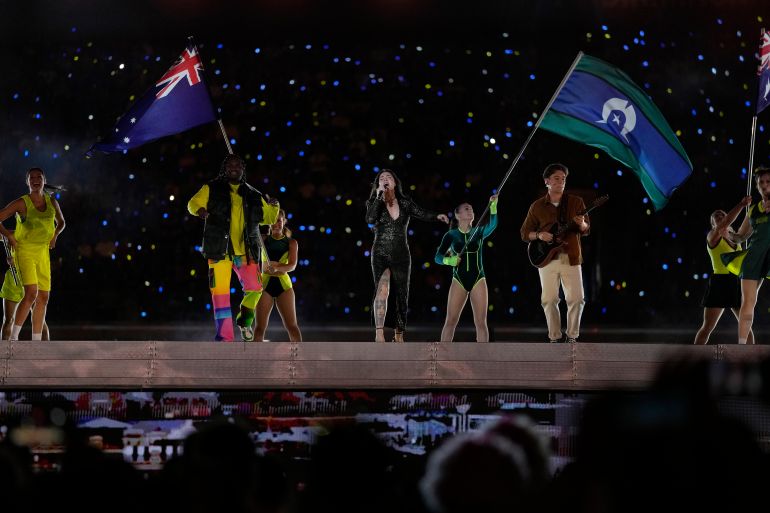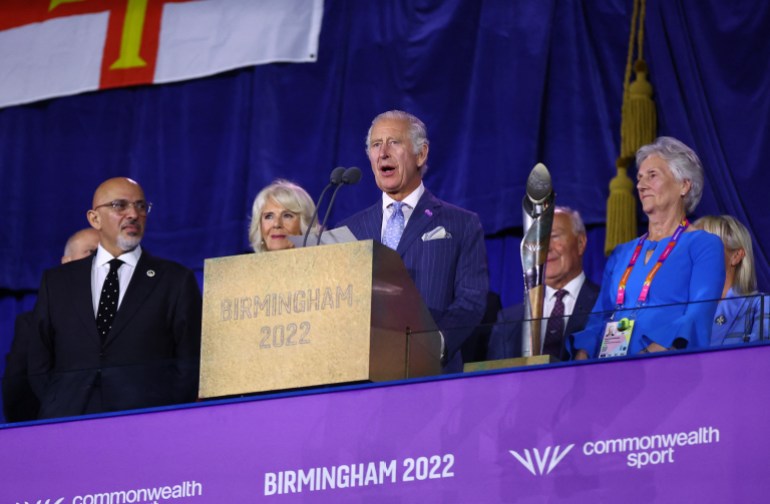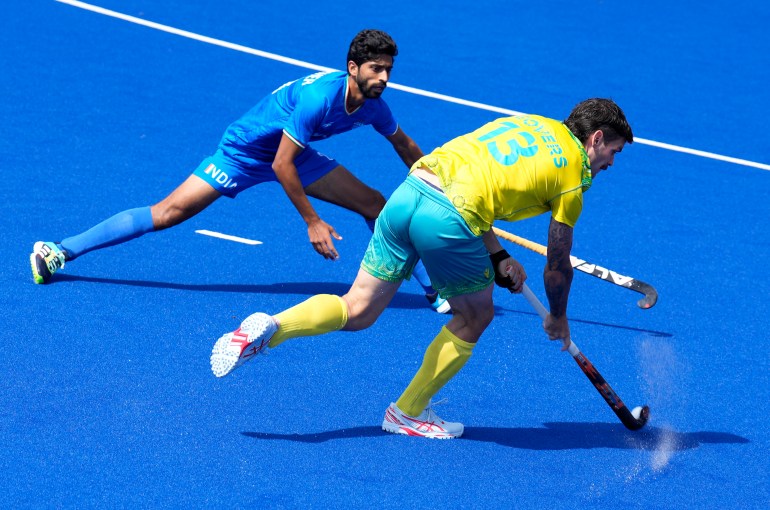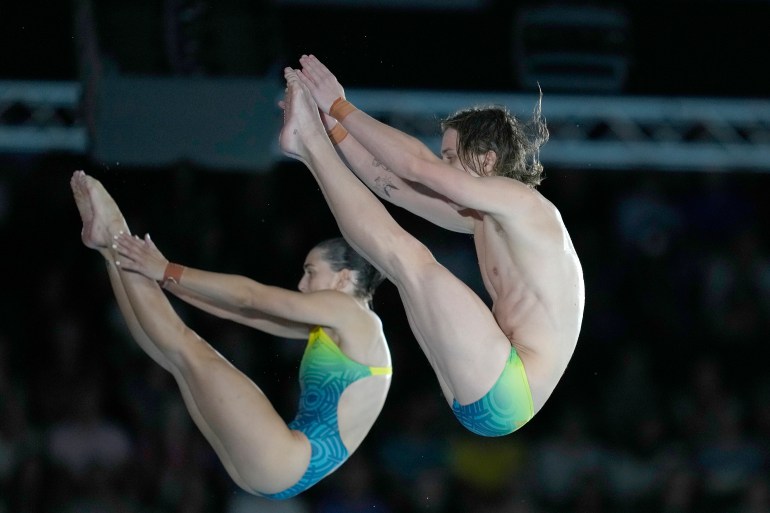Australia’s Victoria pulls out of hosting 2026 Commonwealth Games
The decision made over cost concerns represents a major blow for an event that has lost relevance in recent years.

Australia’s state of Victoria will not host the 2026 Commonwealth Games due to projected cost overruns, placing the future of the multi-sport event, which takes place every four years, in doubt.
Victorian Premier Dan Andrews said on Tuesday that the cost of the Games, which were to be held in four regional hubs, could amount to more than A$7bn ($4.8bn) from a budgeted A$2.6bn ($1.8bn) if they went ahead.
Keep reading
list of 4 itemsWADA to launch independent review into Chinese swimmers’ doping case
What to know about Chinese Olympic swimmers’ doping scandal
Kiptum remembered in Kenya’s London marathon double
“Frankly A$6-A$7bn ($4.1- $4.8bn) for a 12-day sporting event, we’re not doing that,” Andrews said at a media conference.
“I will not take money out of hospitals and schools to fund an event that is three times the cost as estimated and budgeted for last year.”

Andrews said Victoria had already informed the global Commonwealth Games Federation (CGF), but the cost of breaking the 2026 contract had yet to be decided.
The CGF did not provide immediate comment, but local body Commonwealth Games Australia (CGA) said the pull-out was “beyond disappointing”.
“It’s a comprehensive letdown for the athletes, the excited host communities, First Nations Australians who were at the heart of the Games, and the millions of fans that would have embraced a sixth home Games in Australia,” CGA Chief Executive Craig Phillips said in a statement.
“The stated costs overrun, in our opinion, are a gross exaggeration.”
These projects will create around 3,000 jobs right around the state, and deliver what our regional communities have asked for.
It’s the right thing to do.
From the get-go, we said we’d create a long, lasting legacy throughout our regions.
And we’re getting on with it.
— Dan Andrews (@DanielAndrewsMP) July 17, 2023
Falling demand to host the games
The sporting event for mostly former British colonies has struggled to remain relevant, with five of the last six editions held in Australia or Britain.
English city Birmingham stepped in to host the 2022 Games after South Africa was stripped of them in 2017 over a lack of progress in preparations.

Though Australia hosted the Games as recently as 2018 at the Gold Coast, Victoria put its hand up for 2026 last year when no other countries showed interest.
Victoria officials had discussed the legacy benefits from new infrastructure in the regional hubs of Geelong, Ballarat, Bendigo and Gippsland, and an economic boost of more than A$3bn ($2bn).
Andrews said the government will instead spend more than A$2bn ($1.4bn) on a “regional package”, which would include building all permanent sporting facilities intended for the Games, along with A$1bn ($0.7bn) for social and affordable housing.
The Australian Olympic Committee (AOC), which had spoken of the 2026 Games as a “runway” for hosting the 2032 Brisbane Olympics, said it was “an enormous disappointment” for the athletes.
The New Zealand Olympic Committee said it was “unsettling” for its own athletes who had planned for a Games close to home.

Australia, by far the Games’ most successful competing nation, has hosted five of the previous 22 editions.
A cooling of enthusiasm from one of the Games’ staunchest supporters bodes poorly for their future.
John Coates, an International Olympic Committee vice-president and former AOC boss, said the country’s largest state of New South Wales could and should take on the Games.
NSW state capital Sydney hosted the 2000 Olympics.
However, NSW state premier Chris Minns said his government would decline any approach due to budgetary pressures.
South Australia and Western Australia states also ruled them out.
The cost of the Games and their nebulous legacy benefits have long drawn scepticism, and even the CGF has conceded they must downsize to survive.
A bid for Canadian city Hamilton to host the 2030 Games collapsed in February after failure to secure government support.